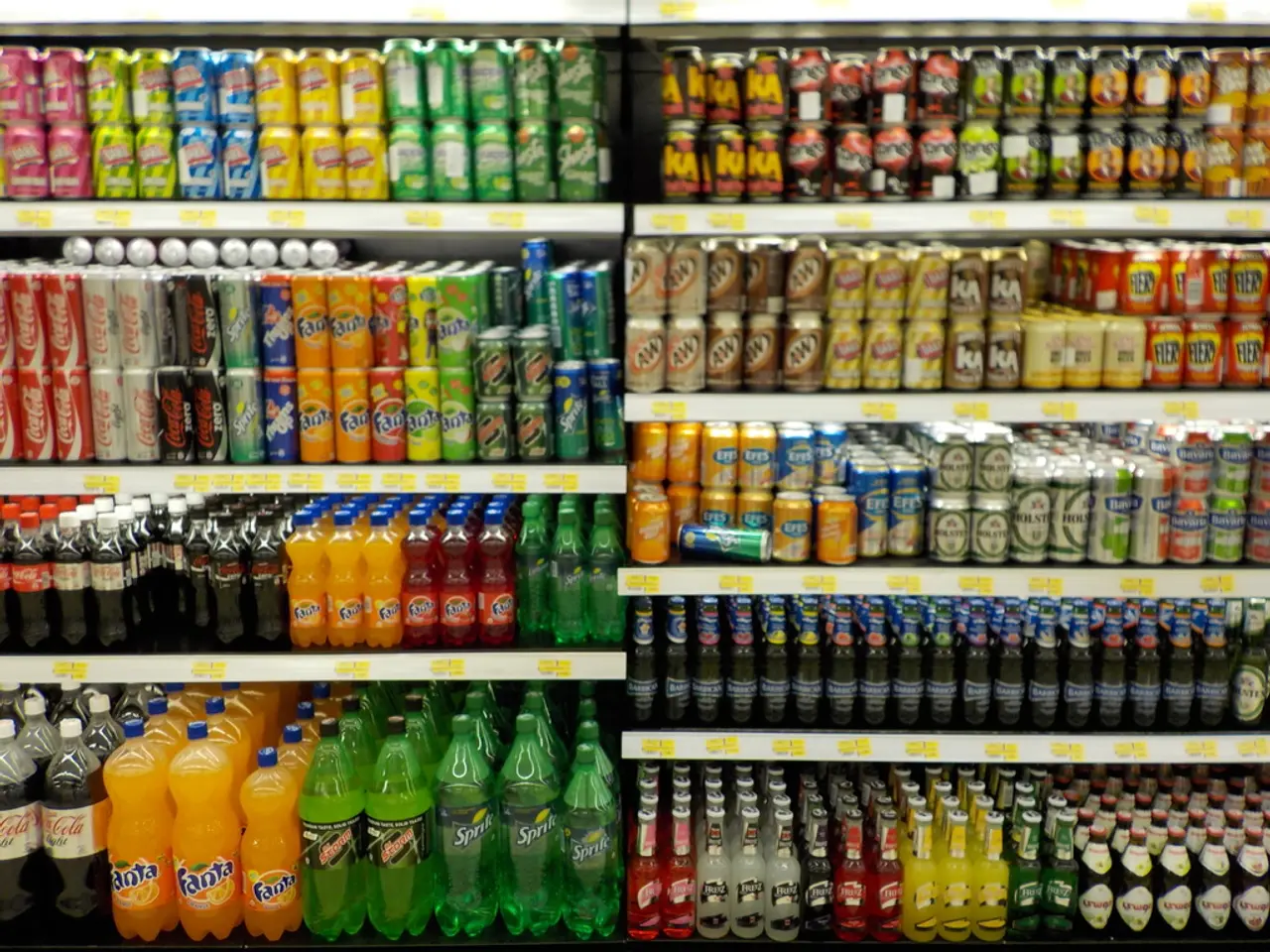Sweden's Alcohol Issue: A Potential Political Manufacture?
In the heart of Scandinavia, Sweden's unique approach to alcohol retail has been shaped by a complex interplay of public health concerns and moral influences from the temperance movement. This monopoly, primarily exercised by Systembolaget, has evolved over time to become a cornerstone of the nation's alcohol control policies.
The roots of Sweden's alcohol control can be traced back to the mid-19th century, when concerns about public health and social issues led to the initial regulation of alcohol sales. However, the precise year of the implementation of "rationing" around the 1850s remains somewhat unclear in historical records. Instead, the control over alcohol sales gradually evolved, becoming more formalized with the establishment of state-owned retailers.
The temperance movement, which gained momentum in the late 18th century, played a significant role in shaping Sweden's alcohol policies. This movement, driven by a puritanical ideology, viewed excessive drinking as morally reprehensible. Historian Richard Tellström suggests that the movement's focus on reducing alcohol consumption was more about promoting a moral agenda than addressing public health issues. The movement's influence extended into the Social Democratic Party and the welfare state, further solidifying alcohol control policies.
Established in 1955, Systembolaget became the primary vehicle for Sweden's alcohol retail monopoly. It sells alcohol with a strength of over 3.5% and operates under strict regulations, including limited opening hours and a minimum purchase age of 20.
Sweden's alcohol control policies have been associated with reduced alcohol-related deaths and other public health benefits. The country's strategies include high taxes on alcohol and public awareness campaigns to discourage excessive consumption.
However, despite the restrictive policies, Sweden, like other countries, faces issues with excessive alcohol consumption, particularly among young people. The black market for alcohol has been a problem, with instances of underage drinking.
Recently, Sweden has begun to loosen some of its alcohol sale restrictions, allowing for on-site alcohol sales in certain settings. However, these changes are met with concerns about undermining the effectiveness of the current system in reducing alcohol harm.
Now, for those interested in delving deeper into Sweden's alcohol retail monopoly, Systembolaget, and the country's broader approach to alcohol control, Membership+ offers a wealth of insights. Existing Membership+ users who are not receiving all episodes should activate their subscription on a podcast platform. New members can also get Membership, while existing members have the option to upgrade to Membership+. More information about Membership+ can be found in the help centre. Membership+ grants early, ad-free access to a full-length episode of the Sweden in Focus podcast every weekend. The link for signed-in members to upgrade to Membership+ is provided, as well as the link for new members to get Membership.
In line with Sweden's historical focus on public health and moral agenda, the roots of the nation's alcohol control can be traced back to the mid-19th century, when concerns about health-and-wellness and social issues led to the initial regulation of alcohol sales. The temperance movement, driven by a puritanical ideology, also played a significant role in shaping these policies, seeking to reduce alcohol consumption for moral reasons more than addressing health issues. Concurrently, the progression towards science-based policy-making has led to strategies such as high taxes on alcohol and public awareness campaigns to discourage excessive consumption and promote health-and-wellness.




